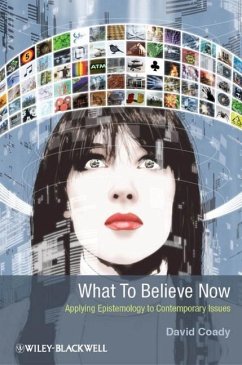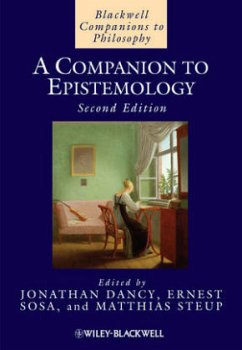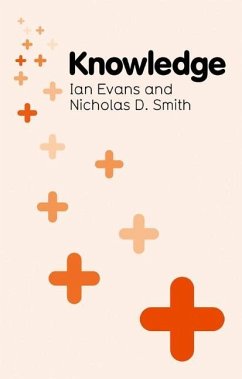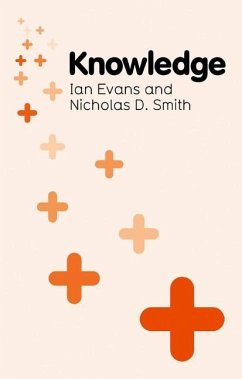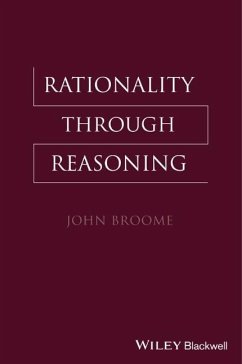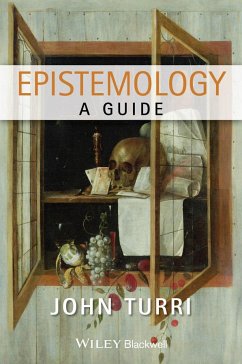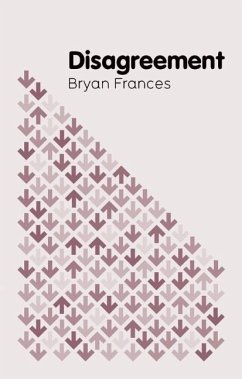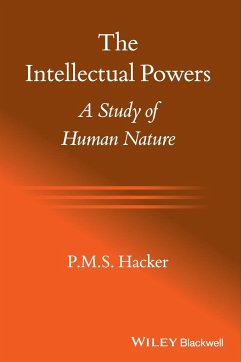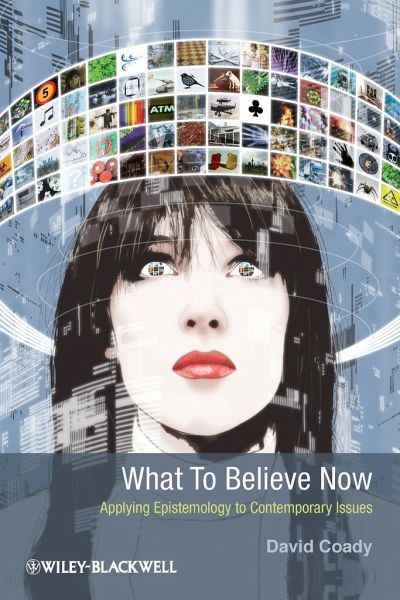
What to Believe Now
Applying Epistemology to Contemporary Issues
Versandkostenfrei!
Versandfertig in über 4 Wochen
40,99 €
inkl. MwSt.
Weitere Ausgaben:

PAYBACK Punkte
20 °P sammeln!
What can we know and what should we believe about today's world? What to Believe Now: Applying Epistemology to Contemporary Issues applies the concerns and techniques of epistemology to a wide variety of contemporary issues. Questions about what we can know-and what we should believe-are first addressed through an explicit consideration of the practicalities of working these issues out at the dawn of the twenty-first century.Coady calls for an 'applied turn' in epistemology, a process he likens to the applied turn that transformed the study of ethics in the early 1970s. Subjects dealt with inc...
What can we know and what should we believe about today's world? What to Believe Now: Applying Epistemology to Contemporary Issues applies the concerns and techniques of epistemology to a wide variety of contemporary issues. Questions about what we can know-and what we should believe-are first addressed through an explicit consideration of the practicalities of working these issues out at the dawn of the twenty-first century.
Coady calls for an 'applied turn' in epistemology, a process he likens to the applied turn that transformed the study of ethics in the early 1970s. Subjects dealt with include:
Experts-how can we recognize them? And when should we trust them?
Rumors-should they ever be believed? And can they, in fact, be a source of knowledge?
Conspiracy theories-when, if ever, should they be believed, and can they be known to be true?
The blogosphere-how does it compare with traditional media as a source of knowledge and justified belief?
Timely, thought provoking, and controversial, What to Believe Now offers a wealth of insights into a branch of philosophy of growing importance-and increasing relevance-in the twenty-first century.
Coady calls for an 'applied turn' in epistemology, a process he likens to the applied turn that transformed the study of ethics in the early 1970s. Subjects dealt with include:
Experts-how can we recognize them? And when should we trust them?
Rumors-should they ever be believed? And can they, in fact, be a source of knowledge?
Conspiracy theories-when, if ever, should they be believed, and can they be known to be true?
The blogosphere-how does it compare with traditional media as a source of knowledge and justified belief?
Timely, thought provoking, and controversial, What to Believe Now offers a wealth of insights into a branch of philosophy of growing importance-and increasing relevance-in the twenty-first century.




